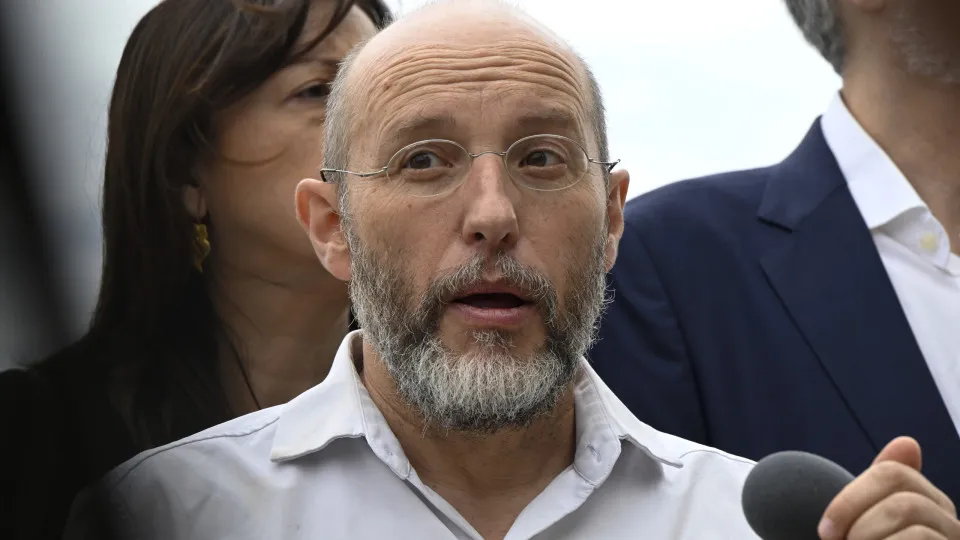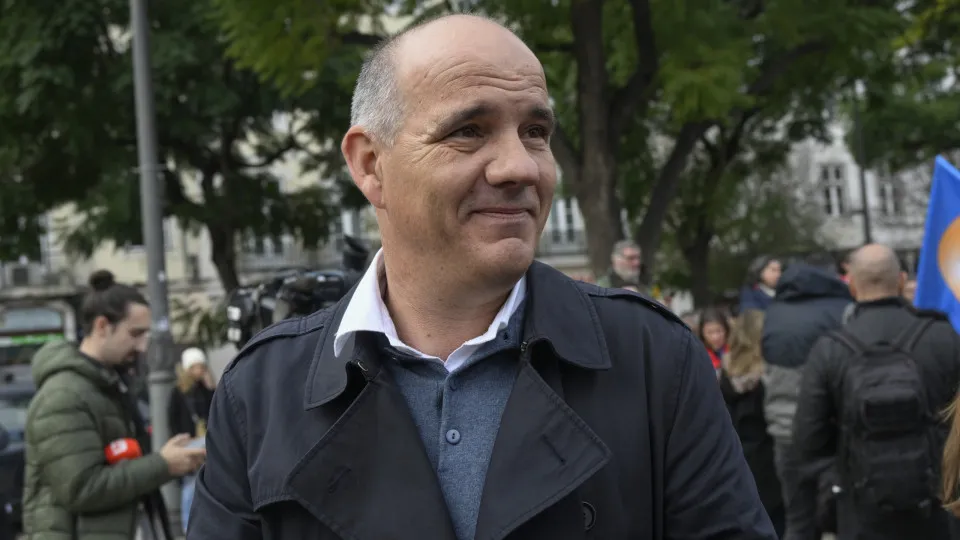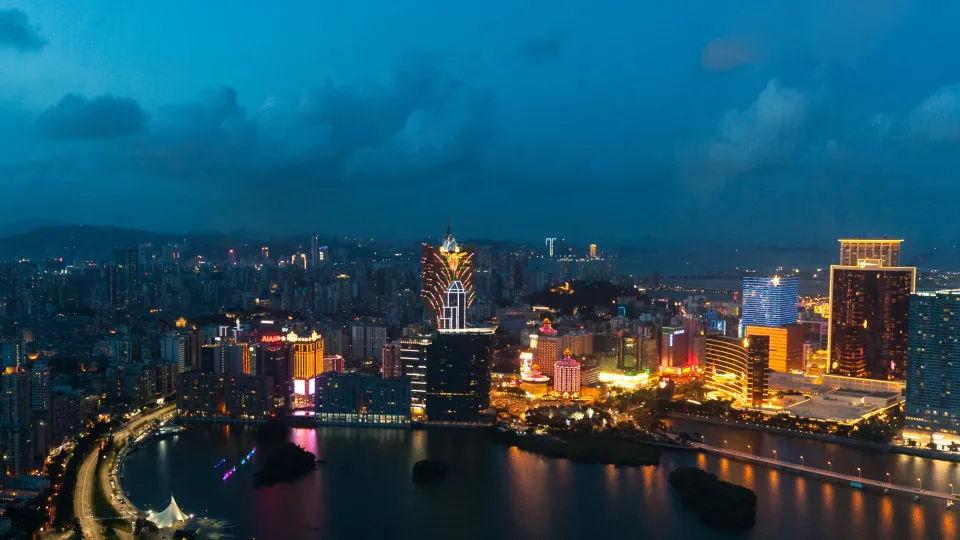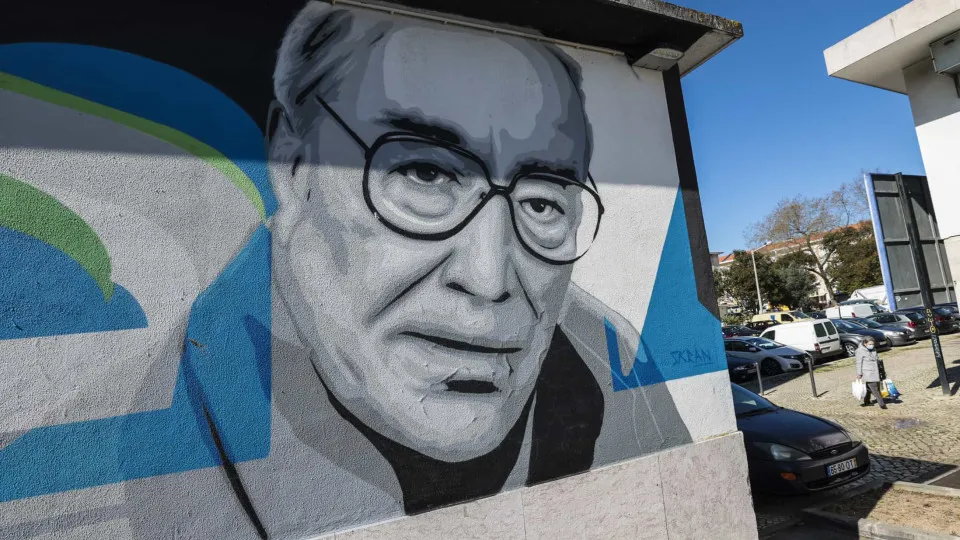
“Now, where we have previously tripled or quintupled the number of candidates, I think we can triple or quintuple the number of local officials elected. We will elect councilors, we will win municipalities, and we will win parishes,” predicted Rui Tavares, on the sidelines of the Livre’s campaign closing rally, held outside the Multiusos Pavilion in Gondomar, Porto.
This was the first time during the campaign that the Livre spokesperson set electoral goals for a party that currently has only eight elected officials in the country. In these elections, it fields 49 candidacies, more than half resulting from left-wing coalitions.
The Livre aims to “help the progressive field” win councils such as Lisbon, Sintra, and Coimbra, relying on the support of parties like the PS, in addition to BE or PAN, depending on the municipality.
“In municipalities where we have coalitions, and where Livre has a significant voice, we will win. I believe we can win municipalities,” he stated.
In addition to these municipalities, the party aims to elect Helder Sousa as a councilor in Porto and take on responsibilities in parishes it leads, such as Areeiro, Alvalade, and Avenidas Novas, which are key focuses for the party in this electoral campaign.
Rui Tavares emphasized that Livre is not afraid of taking on local government responsibilities, similar to other parties in its European green family.
“Livre, unlike other parties that have always shied away from local government responsibilities, actually wants to manage parishes and present them as models, and then be judged on whether we succeed or not,” he added.
In the last local elections in 2021, Livre won eight local posts, which it retains to this day: one councilor and one municipal deputy in Lisbon (Rui Tavares and Isabel Mendes Lopes), having run in coalition with the PS, municipal deputies in Oeiras, Felgueiras, and Vila Real de Santo António, and three members in the parish assemblies of Penha de França, Lumiar, and Carnaxide and Queijas.




